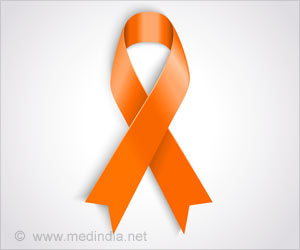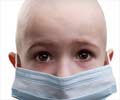
‘Cancer is a significant cause of death in children and adolescents, in spite of its relatively rare occurrence before the age of 20 years.’
Tweet it Now
Part of this increase may be due to better, or earlier, detection of these cancers, the researchers noted. Leukaemia -- a cancer which starts in blood-forming tissue, usually the bone marrow -- is the most common cancer in children younger than 15 years, making up almost a third of childhood cancer cases, the findings showed.
Tumours of the central nervous system ranked second (20 percent of cases), and lymphomas accounted for 12 percent of cases.
In children younger than five years, a third of the cases were embryonal tumours, such as neuroblastoma, retinoblastoma, nephroblastoma, or hepatoblastoma.
The findings, published in the journal Lancet Oncology, are based on information collected globally on almost 300,000 cancer cases diagnosed in 2001-2010.
Advertisement
"This extensive new set of information on the pattern and incidence of cancer in young people is vital to raise awareness and to better understand and combat this neglected area of health early in life," Wild said.
Advertisement
The annual incidence rate was 185 per million adolescents, based on records of about 100,000 cancer cases.
The most common cancers were lymphomas (23 percent), followed by the cases classified as carcinomas and melanoma (21 percent).
Cancers developing in children are more likely to be triggered by genetic predisposition, compared with cancers in adults.
This study suggests that the incidence of childhood cancers may be influenced by doctors' changing awareness about childhood cancer or by effects of external factors, such as infection or some environmental pollutants.
To enable the identification of causes that could possibly be avoided, high-quality information about cancer occurrence is needed for a representative proportion of the global population.
Data for this study were contributed by 153 cancer registries in 62 countries, departments, and territories, covering approximately 10 percent of the world's population of children.
Source-IANS











